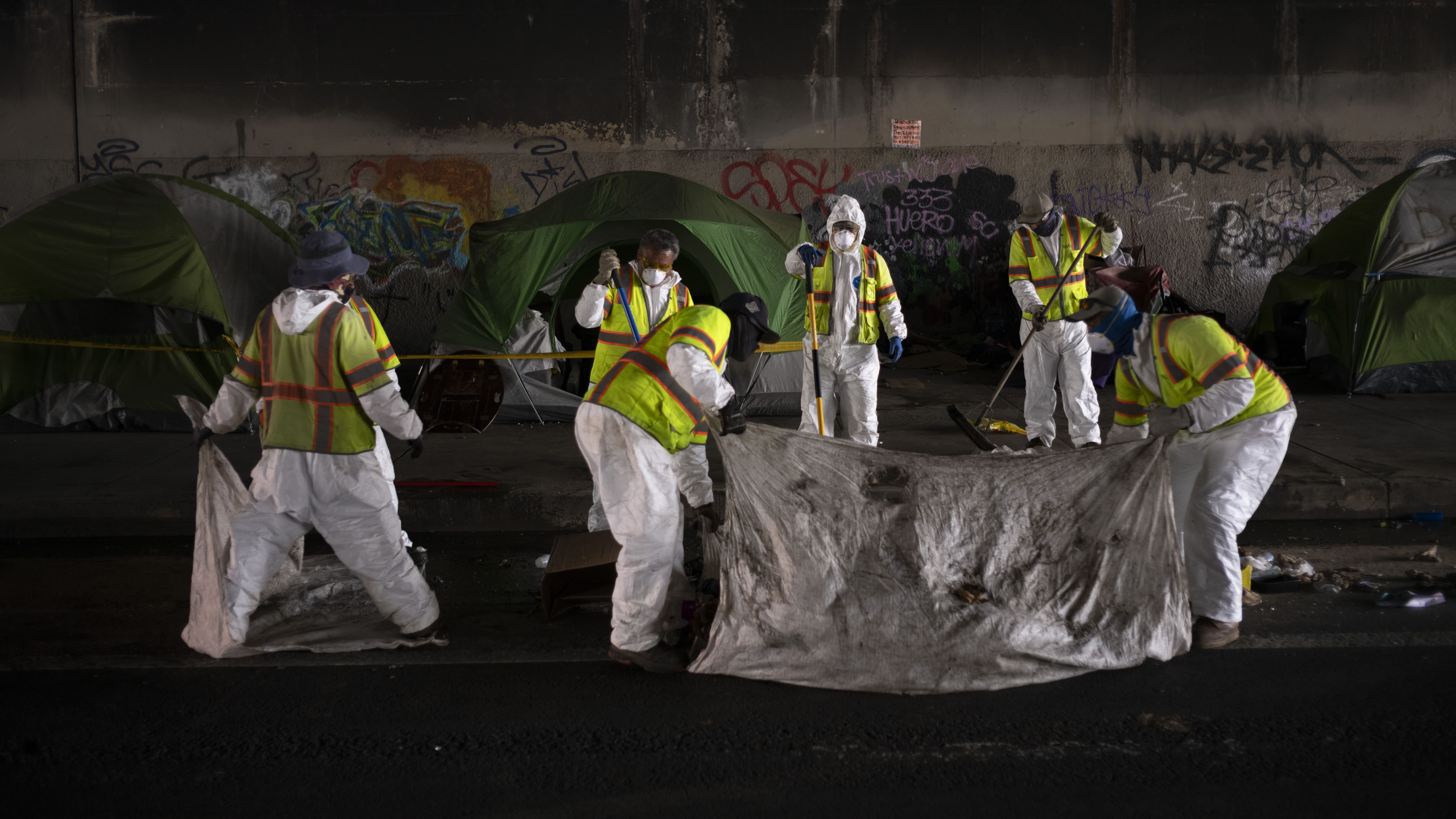New law expands pilot program and will make it harder for convicted DUI drivers to get behind the wheel
FRESNO, Calif. (KFSN) -- Driving on roads and highways could be safer in the state of California. Governor Jerry Brown signed a bill into law Wednesday requiring all DUI offenders to get an ignition interlock device installed in their car if they are convicted and want driving privileges.
First-time offenders would have the device for six months. Second to fourth-time offenders would have to have it for up to three years.
The legislation adds to a current pilot program already in place for four California counties including Tulare.
Lynne Goodwin's daughter Casey was killed by a drunk driver in 2003. Her hope is that this bill will not only reduce DUI's in the state but also create permanent change.
"The CDC has data that shows even after the interlocks are removed that the repeat drinking-driving behavior is reduced. So we know that there is long-term benefits."
Mothers Against Drunk Driving supported this bill authored by Senator Jerry Hill. One member writing, "No parent should ever have to lose their child to the criminal negligence of a drunk driver-- especially when the technology exists to prevent such a tragedy."
But Scott Levy, a Fresno DUI attorney, thinks the technology only district drivers.
"Not only do you have to initially blow a breathalyzer when you first get in the car but every six to thirty minutes you have to. While you're driving you have to grab the machine, pick the machine up, push a button, blow into the machine, then it beeps. This is another thing, this is going to be worse than people being on their cell phones."
The devices cost between $60 and $80 a month-- which doesn't include the up to $150 installation fee.
The bill for the entire state goes into effect January 1, 2019.








